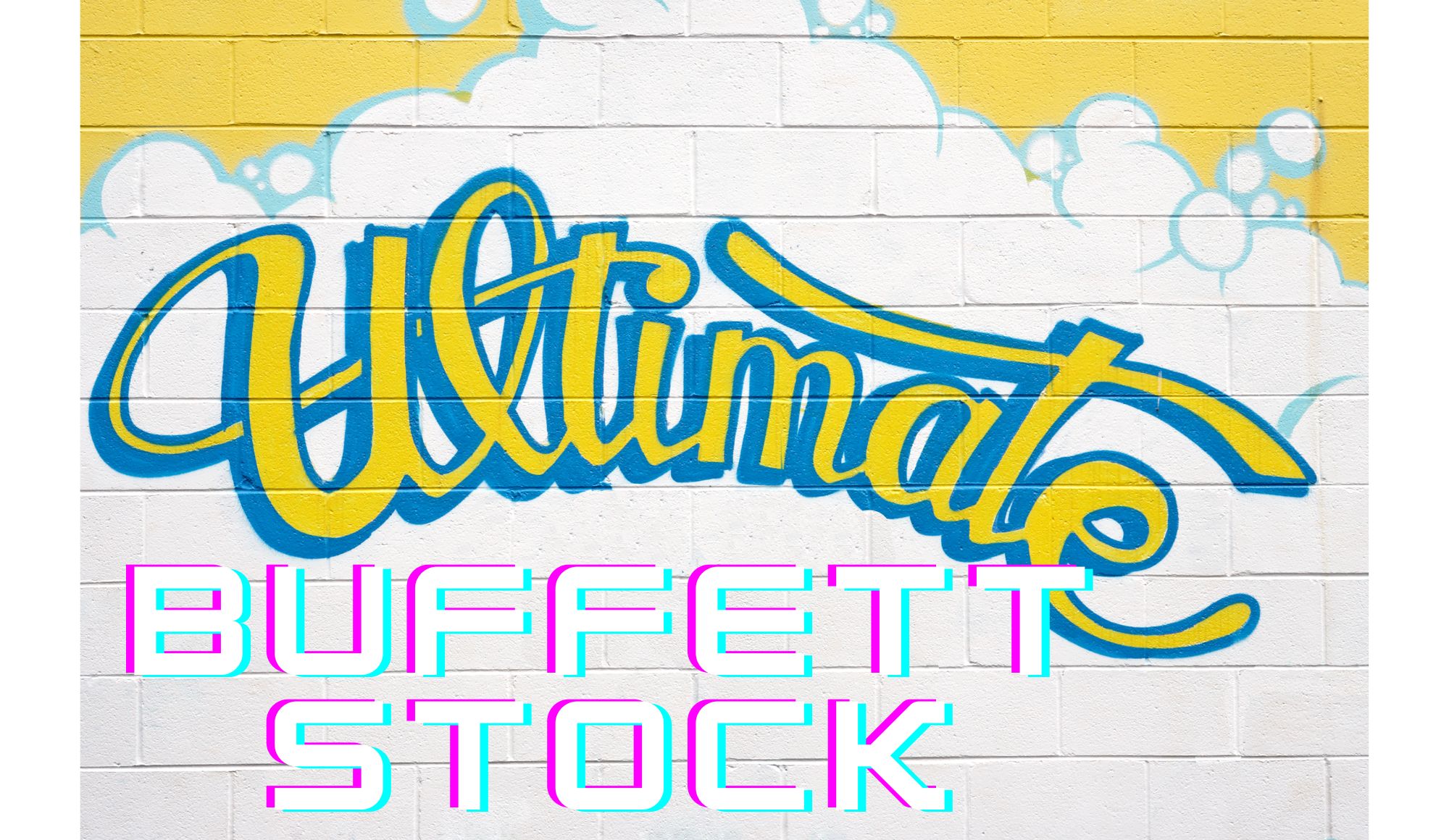The Ultimate Warren Buffett Stock
Berkshire Hathaway Inc. (NYSE: BRK.A, BRK.B) began humbly as a struggling textile mill but it has grown into a multinational conglomerate under the stewardship of Warren Buffett.
Now well on its way to a market capitalization of a trillion dollars, following in the footsteps of Apple, Microsoft and Nvidia, Berkshire Hathaway is the ultimate Warren Buffett stock.
While Berkshire’s origins date back to 1839 as Valley Falls Company, a textile manufacturing firm, the pivotal moment in its trajectory came in 1965 when Buffett, who saw value in the assets, took control and started a transformation process that would reshape the firm’s destiny.
So why is it the ultimate Buffett stock?
Key Points
- Buffett’s strategy emphasizes long-term holding and the power of compounding, exemplified by his investment in Coca-Cola, which now yields $600 million annually from an initial $1.3 billion.
- Berkshire’s success is built on owning companies with durable competitive advantages and conservative financial management.
- Under Buffett, Berkshire has grown its book value at 19.8% annually from 1965 to 2023.
The Ultimate Buffett Stock
If you were to pinpoint characteristics that makes a stock special in Buffett’s eyes, one is being virtually impregnable to the onslaught of competitive attacks or outside forces.
In this regard, Berkshire shines brightly with its $200 billion cash hoard and vast array of businesses across various industries, including:
- Insurance: GEICO, General Re
- Utilities and Energy: Berkshire Hathaway Energy
- Manufacturing: Precision Castparts, Marmon Group
- Retail: Borsheims, Nebraska Furniture Mart
- Transportation: BNSF Railway
Berkshire doesn’t just own wholly owned subsidiaries but holds significant equity positions in several publicly traded companies. Notable among these are:
- Apple Inc. (AAPL): Berkshire’s largest holding, representing about 44% of its portfolio.
- Bank of America (BAC): A key financial sector investment.
- Coca-Cola (KO): A long-term holding since 1988.
- American Express (AXP): Another cornerstone in the financial services sector.
The Power of Compounding
Buffett’s investment philosophy is deeply rooted in the power of compounding and long-term thinking. His famous saying, “Our favorite holding period is forever,” encapsulates this approach.
His investment in Coca Cola stands out as a prime example of his approach having purchased it in the late 1980s for approximately $1.3 billion, and now pocketing $600 million in annual dividends alone from it. Imagine holding a stock for almost a half century and not transacting in it at all, that’s patience, long-term thinking and compounding all wrapped up in one.
Obviously Buffett’s long-term commitments to buying and holding can only be made when a firm has a durable competitive advantage. Berkshire Hathaway embodies this concept with its diverse operations, substantial financial reserves, economies of scale, strong brand identities, and extensive distribution networks.
Moreover, it’s unlikely that any of these wide moats will be disrupted anytime soon because of Berkshire Hathaway’s conservative financial management, another hallmark of its strength.
The company has a fortress balance sheet, with significant cash reserves and minimal debt relative to its equity. Because of its deep pockets, Buffett can tap into Berkshire’s liquid cash pile to secure deals most others cannot during crises, such as when bailing out Goldman Sachs or buying up warrants in Bank of America during the 2008-09 crisis.
Buffett’s Personal Stake
A famous book called Skin in the Game highlights how those with, well, skin in the game, are more likely to be more committed than those who do not. It’s an obvious enough assertion at first glance but you will see it exemplified in political circles especially.
Take a political operative who wants to progress an agenda item for their party. They are probably much more motivated to do so, knowing their reputation and possibly career progress are on the line versus a general member of the public going about their day to day lives.
So too, when you look to companies you want to see the CEOs have skin in the game. It highlights their level of commitment to the firm. Buffett’s personal stake in Berkshire Hathaway exemplifies his extraordinary commitment as evident by the 16% of Berkshire’s Class A shares he owns, worth approximately $100 billion.
And having so much skin in the game has translated to extraordinary performance. From 1965 to 2023, the company’s book value per share has grown at a compounded annual rate of 19.8%, compared to the S&P 500’s 10.2% return, including dividends.
This stellar performance has translated into substantial wealth creation for shareholders. An investment of $10,000 in Berkshire in 1965 would be worth over $300 million today.
Looking to the future, Buffett has repeatedly assured investors that Berkshire’s decentralized management structure and the autonomy of its subsidiary managers ensure continuity. Greg Abel, Vice Chairman of Non-Insurance Operations, is widely expected to succeed Buffett as CEO, with Ajit Jain, Vice Chairman of Insurance Operations, continuing in his crucial role.
As a result, it’s unlikely that anything will derail Berkshire Hathaway from going from strength to strength in over the long-term, making it the ultimate Warren Buffett stock.



